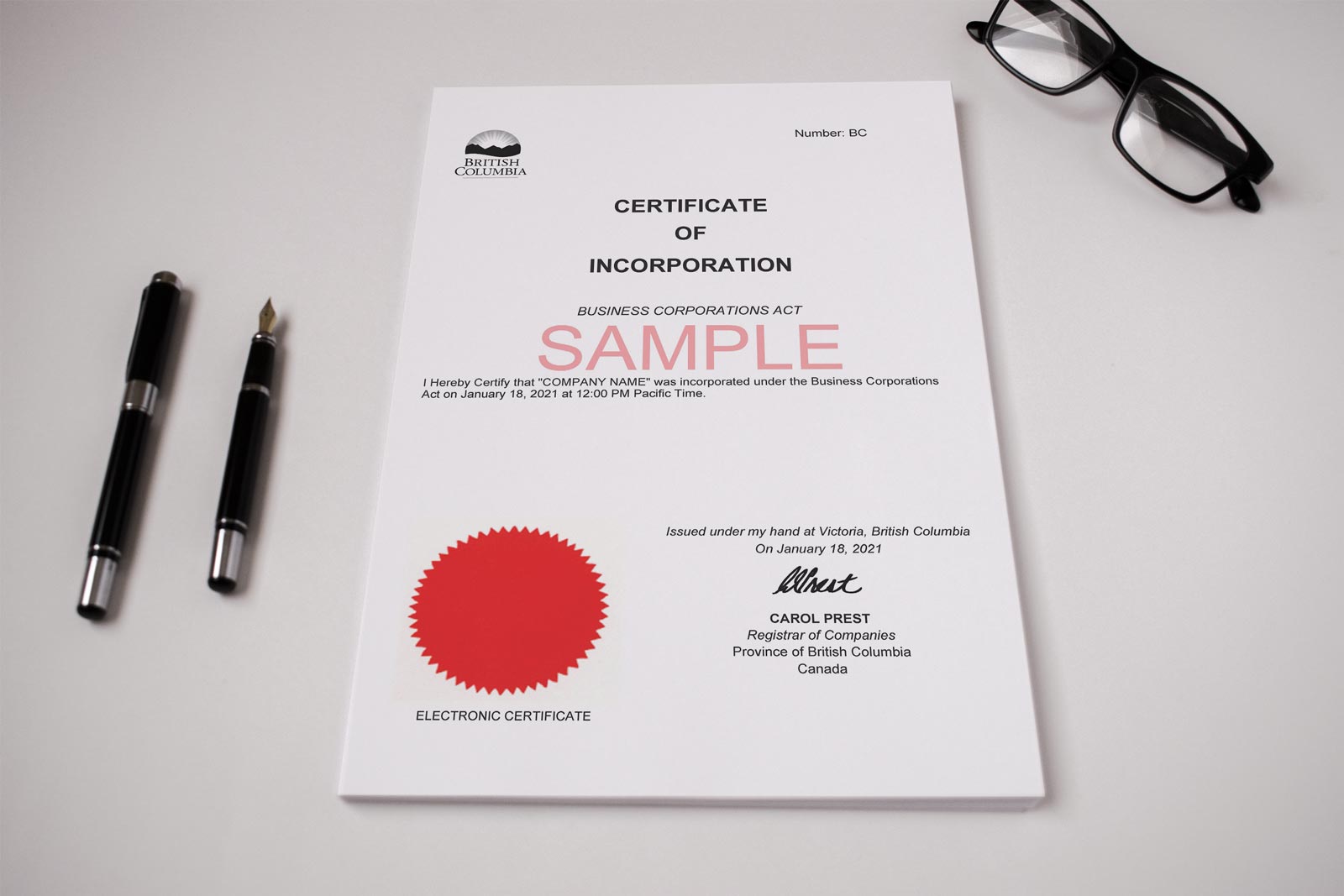Should I Incorporate My Business?
One of the most common questions that our clients ask is whether or not they should incorporate their business. In this blog, we will discuss the advantages and disadvantages of incorporating your business.
Advantages:
- Limited Liability
If you are a sole proprietor, your personal assets, such as your house and car, can be seized to pay the debts of your business. However, as a shareholder in a corporation, you can’t be held responsible for the debts of the corporation unless you’ve given a personal guarantee. Corporations also have the same rights as individuals; meaning they can own property, carry on business, incur liabilities, and sue or be sued.
- Optimizing Your Income Taxes
If you incorporate your small business, you can determine when and how you receive income from the business. Instead of taking a salary from the business when the business receives income, being incorporated allows you to take your income at your discretion in the form of a salary or a dividend.
- Small Business Tax Rate and Deferral
The small business corporate tax rate on active business income of up to $500,000.00 in British Columbia is 11%. There is a further personal tax when a corporation makes a payment to the shareholders in the form of a dividend. However, there is an opportunity for tax deferral if the cash is left in the corporation and a dividend is not paid. It should be noted that the tax rate on business income in excess of $500,000.00, investment income and capital gains is significantly higher than 11%.
- Lifetime Capital Gains Exemption
Some small business owners are able to transfer or sell their business for considerable value. Any gain on the sale of a business would be taxable as a capital gain. However, the lifetime capital gains exemption allows qualifying small business owners to sell their shares at a gain of up to $892,218.00 (for 2021) without paying any tax.
- Succession Planning
A corporation provides significant flexibility for tax planning purposes. In addition, a corporation is a separate entity to you, so it continues to live on regardless of what happens to you. This can be helpful when planning to transfer the business to family members in a tax efficient manner.
- Income Splitting
Income splitting is the transferring of income from a high-taxed family member to a lower-taxed family member in order to reduce the overall tax burden of the family. Income splitting used to be a major reason for incorporating your small business. However, the introduction of new complex tax legislation has limited the ability for small business corporations to be used for income splitting.
- Protecting Your Business Name
When you incorporate your business in British Columbia, the business name you choose is reserved for your use in British Columbia. A proprietorship does not benefit from the same type of protection.
- Holding Companies
It is also common for individuals to incorporate a company to be used as special purpose vehicles in order to own investments such as real estate.
Disadvantages:
- Cost
There is an up front cost to an incorporation as well as the ongoing maintenance of a corporate minute book and annual fees to make sure that your corporation remains in good standing. There are requirements for financial statements, the filing of corporate tax returns and annual reports, as well as the preparation of tax slips. These should all be factored in before making the decision to incorporate your business.
- Difficult to make use of losses
It is not uncommon for start-up businesses to incur losses when they first commence operations. When you do business as a sole proprietor and incur a loss, you can deduct that loss against your other personal income. However, if you operated the same business through a corporation, the losses could not be applied to your personal income. Instead, the loss may be carried forward or carried back to another year in order to reduce tax within the company only.
- Subject to higher tax in certain situations
In some situations, you may end up paying more tax when operating a business through a corporation. This most often occurs when a corporation does not qualify for the small business tax rate of 11% (as noted above).
You should carefully consider the factors noted above if you are considering incorporating your business. If you would like to learn more about incorporating your business, connect with Ish Lila or Shelly Lila at Ashdin Law – Corporate and Tax Lawyers, located in Coquitlam, B.C.
The above provides a practical overview about incorporations in British Columbia. This blog is for informational purposes only. Readers are cautioned this blog does not constitute legal or professional advice and should not be relied on as such. Rather, readers should obtain specific legal advice in relation to the issues they are facing.

